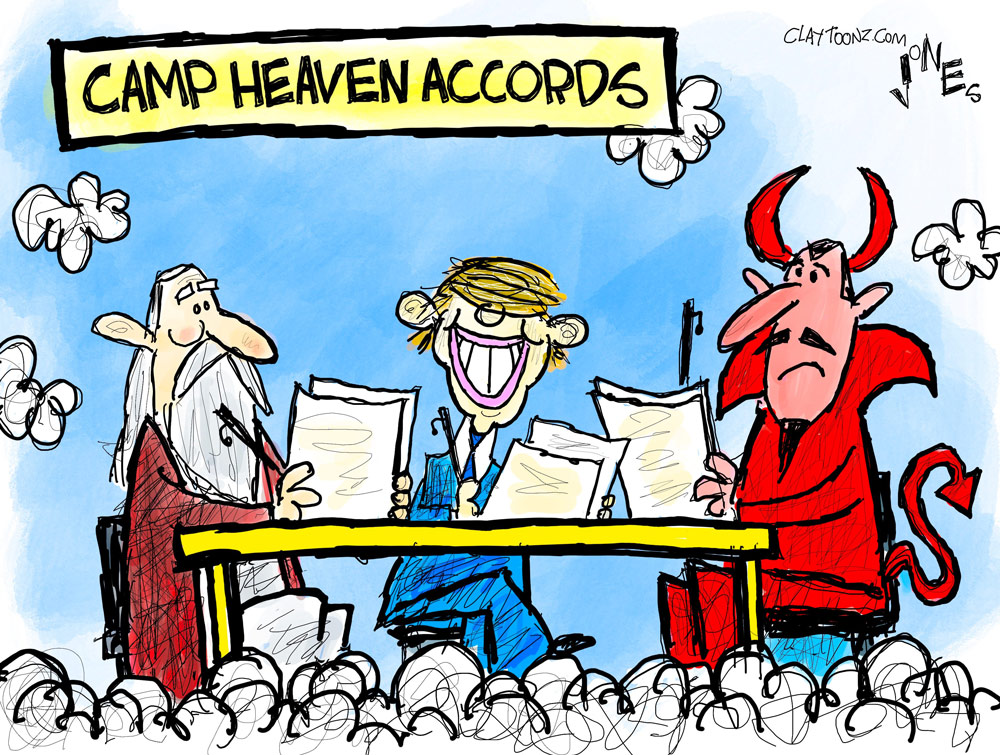
Weather: A 20 percent chance of showers before 8 a.m. Patchy dense fog before 10 a.m. Otherwise, cloudy, then gradually becoming mostly sunny, with a high near 72. Calm wind becoming east 5 to 9 mph in the morning. Monday Night: Patchy fog after 9 p.m. Otherwise, mostly cloudy, with a low around 59. East wind around 6 mph becoming light and variable.
- Daily weather briefing from the National Weather Service in Jacksonville here.
- Drought conditions here. (What is the Keetch-Byram drought index?).
- Check today’s tides in Daytona Beach (a few minutes off from Flagler Beach) here.
- Tropical cyclone activity here, and even more details here.
Today at a Glance:
Nar-Anon Family Groups offers hope and help for families and friends of addicts through a 12-step program, 6 p.m. at St. Mark by the Sea Lutheran Church, 303 Palm Coast Pkwy NE, Palm Coast, Fellowship Hall Entrance. See the website, www.nar-anon.org, or call (800) 477-6291. Find virtual meetings here.
Last Night for Rotary’s Fantasy Lights Festival in Palm Coast’s Town Center: from 6 to 9 p.m. at Palm Coast’s Central Park, with 55 lighted displays you can enjoy with a leisurely stroll around the pond in the park. Admission to Fantasy Lights is free, but donations to support Rotary’s service work are gladly accepted. Holiday music will pipe through the speaker system throughout the park, Santa’s Village, which has several elf houses for the kids to explore, will be open, with Santa’s Merry Train Ride nightly (weather permitting), and Santa will be there every Sunday night until Christmas, plus snow on weekends! On certain nights, live musical performances will be held on the stage.
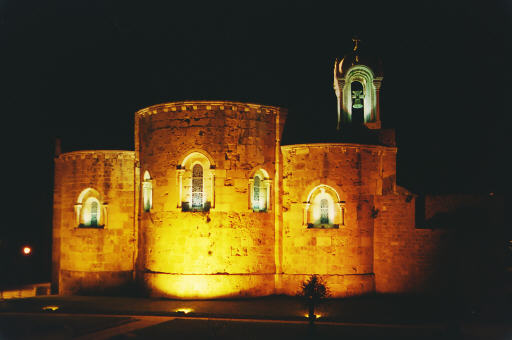
Byblos: What is Byblos? This town, named for the book, is about 25 miles north of Beirut on the Lebanese coast. It is one of the oldest settlements on the planet, “continuously inhabited since the beginnings of Neolithic times,” says UNESCO’s Heritage Site page. It remains the site for some of the world’s oldest ruins dating back to Phoenicians, those early gods of the seas (there is archeological evidence of their travels as far as Ireland, and guesses that they went further west long before Norsmen landed at L’Anse aux Meadows in newfoundland a millennium ago). It is at Byblos that Phoenicians are believed to have invented the alphabet–not for so lofty a purpose as writing great literature, but to take better accounts of their trading, that Levantine obsession that to this day makes the Lebanese, the Israelis and the Palestinians the fiercest, most merciless merchants on the planet: imagine if they had a common market. No one could resist them, and they would be richer than ten Singapores. Instead, they insist on trading more on their hatreds and fanaticism than on their better skills. The city’s name is etymologically related to biblio, as in book, or parchment, or bible, and therefore literacy and, eventually, literature. As Will Durant wrote with near-enough accuracy, “In no field have the old words so regularly come down to us as in that of writing. Paper, of course, is papyrus, and once again, in the cycle of fashion, the substance is a compressed plant. A line of writing was a stichos or row; the Latins called it a versus or verse—i.e., a turning back. The text was written in columns upon a strip of papyrus or parchment from twenty to thirty feet long, wound about a stick. Such a roll was called a biblos, from the Phoenician city, so named, whence papyrus came to Greece. A smaller roll was called biblion; our Bible was originally ta biblia, the rolls.V When a roll formed part of a larger work it was called a tomos, or cutting. The first sheet of a roll was called the protokollon—i.e., the first sheet glued to the stick. The edgesVI of the roll were smoothed with pumice and sometimes colored; if the author could afford the expense, or the roll contained important matter, it might be wrapped in a diphthera (membrane), or, as the Latins called it, a vellum. Since a large roll would be inconvenient for handling or reference, literary works were usually divided into several rolls, and the word biblos, or book, was applied not to each work as a whole, but to each roll or part.” I name my segments on books and literature “Byblos,” but also in memory of our frequent trips to that town when I was a child, for seafood, sights, or just to make the drive. I recall in 1976 or 1977 Demis Roussos, the Greek singer and songwriter who was a sensation in Lebanon at the time, performing a concert in the Byblos amphitheater (the Roman-era one). My mother and I almost went, but the drive, from our mountain refuge all the way down to Byblos on a night of cease-fire, must’ve spooked us. We stayed home, Demis Roussos stayed in Mom’s VW Bug car radio.
—P.T.
View this profile on Instagram
![]()
The Live Calendar is a compendium of local and regional political, civic and cultural events. You can input your own calendar events directly onto the site as you wish them to appear (pending approval of course). To include your event in the Live Calendar, please fill out this form.
January 2026
Flagler County’s Technical Review Committee Meeting
Flagler Tiger Bay Club Guest Speaker: Jeff Brandes
Separation Chat: Open Discussion
The Circle of Light A Course in Miracles Study Group
Palm Coast Planning and Land Development Board
Flagler Beach United Methodist Church Food Pantry
Flagler County Drug Court Convenes
Model Yacht Club Races at the Pond in Palm Coast’s Town Center
Palm Coast Beautification and Environmental Advisory Committee
Flagler Beach City Commission Meeting
For the full calendar, go here.
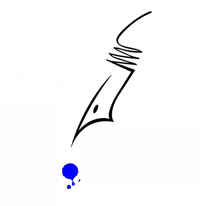
By writing ‘A Morning in Byblos,’ Olivier Germain-Thomas wanted to move the debate away from the infamous ‘retreat into identity’ that is attributed to us for the slightest attempt at resistance to global conformism. He reminds us that the mind has no borders, or rather that borders are places of exchange and not of closure, and that if languages confront borders, it is to enrich themselves according to their own genius and not to impoverish themselves in generalized confusion, where reflection is dying. The Greeks knew that their writing came from the Phoenicians. The drama of Babel is not answered by a utopian return to the myth of the single language, but by the miracle of Pentecost, where everyone understands the language of the other.
–From Philippe de Saint-Robert’s review of A Morning in Byblos (Un matin a Byblos), by Olivier-Germain Thomas, in Le Figaro, Nov. 4 2005 (translated from the French by Google).







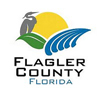


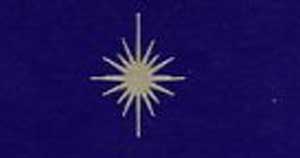




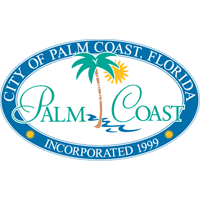
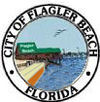






















Pogo says
@Coming soon
…49.8% asked for it — whether they knew it or not.
Eat up — it’s all there is:
https://www.google.com/search?q=Agenda47